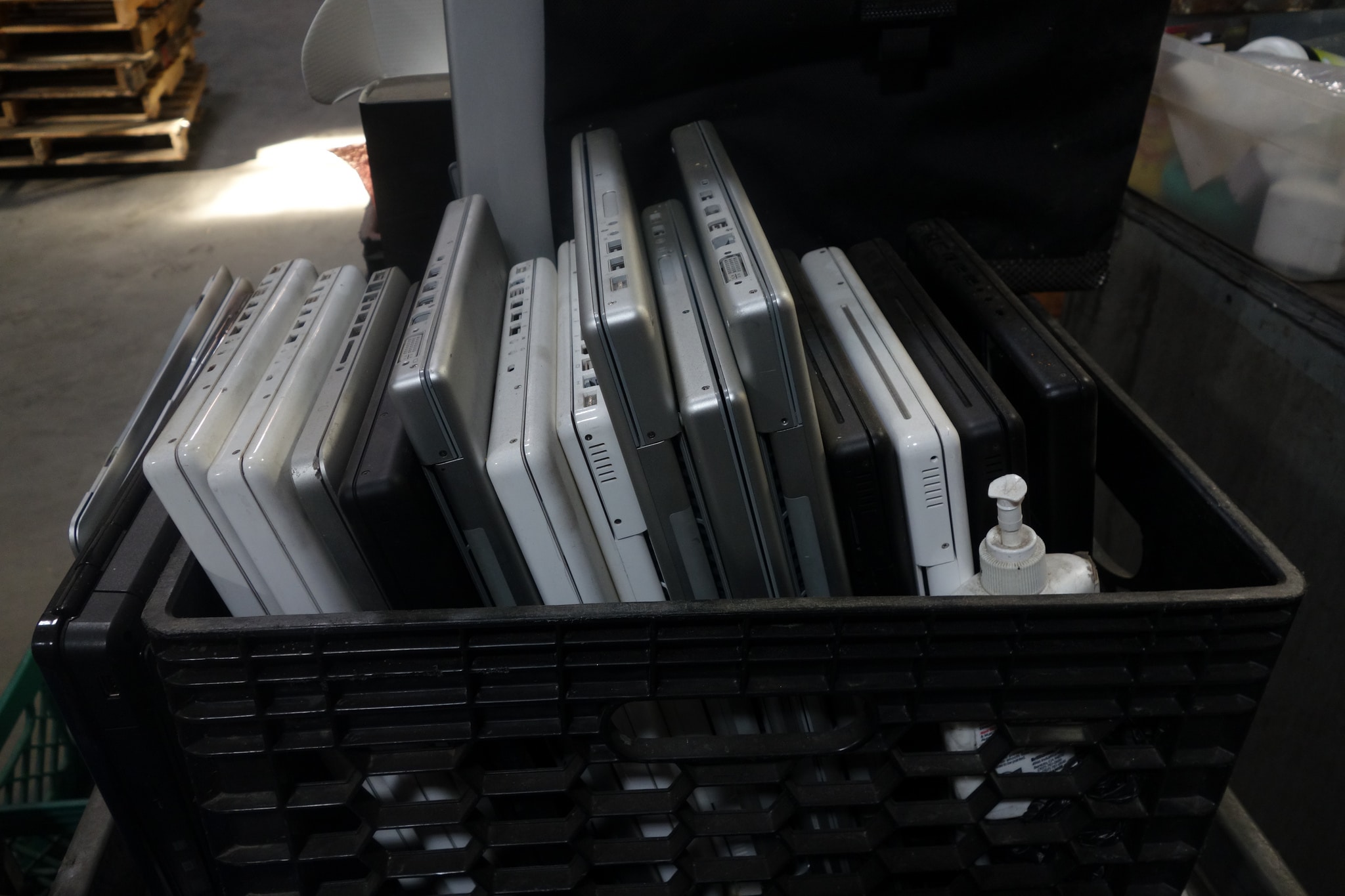Extended Producer Responsibility (EPR) is being promoted as a key market based instrument to help Member States implement EU waste legislation, including application of the waste hierarchy. However, little attention has been paid to how EPR can support initiatives at the top of the hierarchy including reuse, a waste prevention activity, and preparation for reuse. Using case studies from EPR schemes active in the management of electronic, textile and furniture waste, this paper highlights how EPR schemes can potentially support the development of reuse and repair networks as called for by the EU Waste Framework Directive.
In summary, EPR schemes can support reuse and preparation for reuse activities by granting access for reuse centres and networks to the waste stream in order to separate what is reusable; organising the handling and transport of waste to preserve potential for reuse prior to any further treatment; support the flow of information between the producers and re- use centre and networks such as through provision of information relating to product repair; helping raise public awareness about the importance of reuse. In addition, the EPR schemes presented have been found to support reuse activities in particular where the social value of the reuse organisation is clear and that their activities are carried out in an appropriate manner. There is thus a strong tendency for EPR schemes to partner with organisations from the social economy who have often built up decades of experience in the field.


